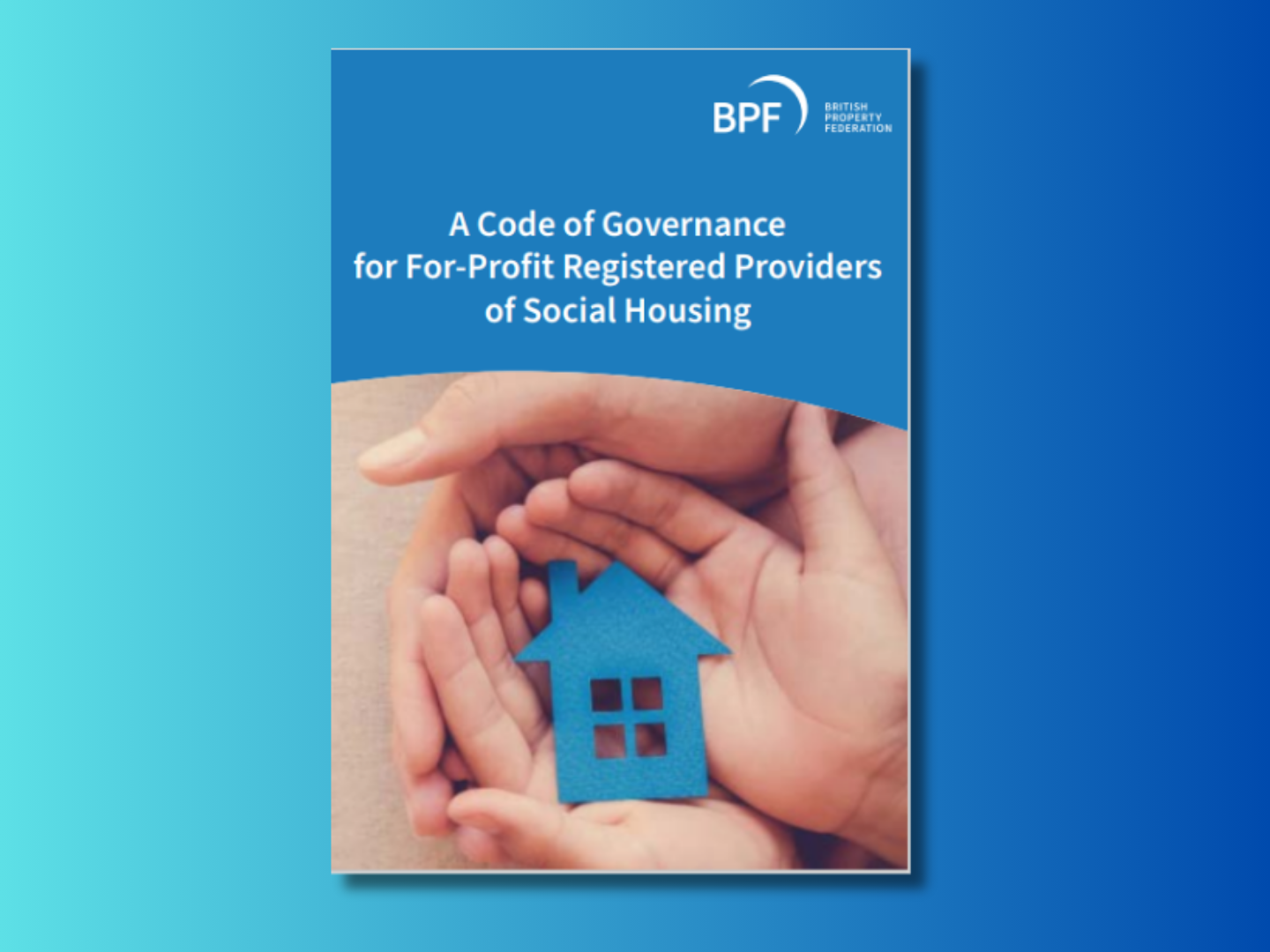A note to readers
These notes summarise recent discussions on Campbell Tickell’s WhatsApp group for Chief Executives of housing associations and ALMOs across all four UK jurisdictions and the Republic of Ireland. A full summary of discussions from the inception of the group is available on request.
This is a closed group, open only to CEOs in housing associations and ALMOs. It currently has around 250 members.
While discussions are confidential and unattributable, members of the group are keen for the content themes and issues to be shared widely to assist with broader understanding.
Please note:
The following digest highlights matters that have been discussed in the group. None of the content should be treated as representing the collective views of the group as such, or be attributed to any of its members. The group is an information-sharing forum and not a policy-making body.
Latest highlights, April – May
Asset management and property condition
1. Members shared example patch sizes for housing management staff, ranging from 250 to around 600 homes, and up to 1000 homes for repair officers. Most agreed that appropriate patch sizes should be determined by local need, staff knowledge of the stock, manageable caseloads and other factors such as rurality and distribution of stock.
2. Discussions also related to building safety in terms of retrofit and repairs. Landlords shared examples of best practice around embedding health and safety operatives within planned investments and decarbonisation work.
3. On the topic of damp and mould, members of the group discussed approaches to establishing a clear balance of tenant rights and responsibilities. This included taking a preventative approach through effective communication and tenant engagement. Members also suggested attending reports of damp and mould at report stage and giving tenants dehumidifiers. Campbell Tickell is arranging to host an online session to continue this discussion, particularly in relation to how social landlords are involving tenants in this area.
Anti-social behaviour (ASB)
4. Group members shared observations of recent increases in cases of ASB across the country – both in urban and rural areas – and the impact it is having on tenant satisfaction.
5. Members suggested tackling ASB issues using a tenancy neutral ASB service and discussed the various factors that might be contributing to this upward trend. Factors shared included post lockdown behavioural change, struggling social services and schools, an over-loaded police force and the expansion of county-lines activity bringing drugs into new areas.
Advocacy
6. Expressing their frustration at LHA rates, which remain at inadequate levels, members observed a rise in private renters who claim housing benefit being pushed into homelessness or temporary accommodation. Members discussed ways to raise this issue with the government, including working with Crisis, CIH and the Homelessness Task Force, illustrating the economic impact and developing targeted alternatives including an LHA+ model.
7. Positive reports were shared amongst the group which recognises the achievements of many landlords in the sector. The group emphasised the need to build a counter-narrative that challenges the negative press in recent months.
8. Members of the group also discussed ways to build a collective campaigning voice to advocate for improvements to the welfare system, including challenging political parties to include welfare policy strategies in their manifestos in the run-up to next year’s general election.
Sharing of knowledge and good practice
9. The group shared knowledge on how best to advertise the responsibilities of governance roles.
10. In light of a recent trend of RPs employing a CIO, group members shared their experiences of having a CIO within their executive structures. Members with relevant experience stated that the CIO role had made a positive impact on the digital and data-oriented aspects of governance and had helped organisations develop and maintain effective service infrastructure.
11. Members also shared examples of best practice relating to staff sabbatical and absence requests, observing the need to account for the recent generational shift in the aspirations and expectations of new colleagues.
12. In relation to EDI, members emphasised the need for their board to reflect their EDI strategies and shared recommendations of specialist recruiters for hiring board members with relevant lived experience of disability.
13. Members continue to use the group as a venue for sharing good practice across a wide range of topics – governance, performance measurements, HR matters and others.
The group is open to all housing CEOs who are not yet members.
To join, please contact james.tickell@campbelltickell.com or greg.campbell@campbelltickell.com
For any media enquiries, please email: zina.smith@campbelltickell.com



